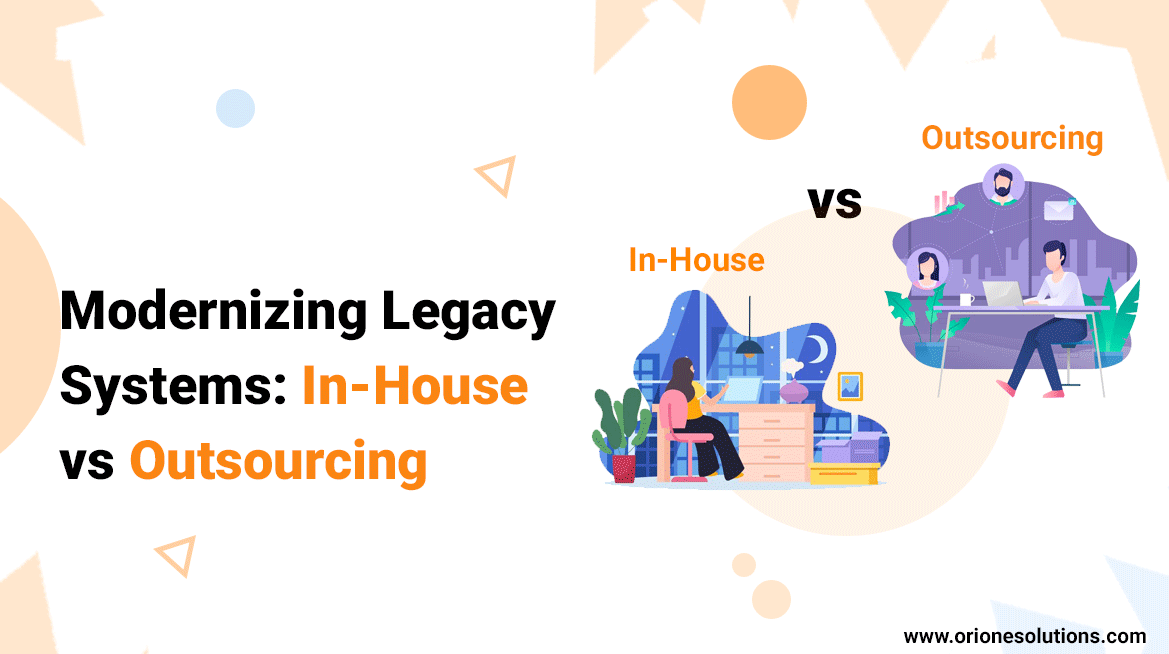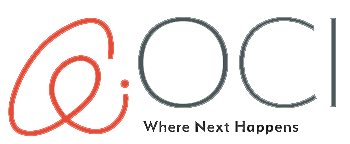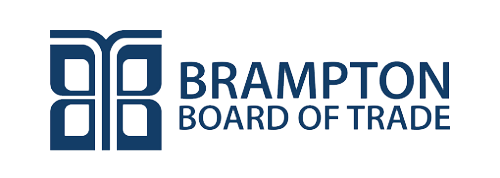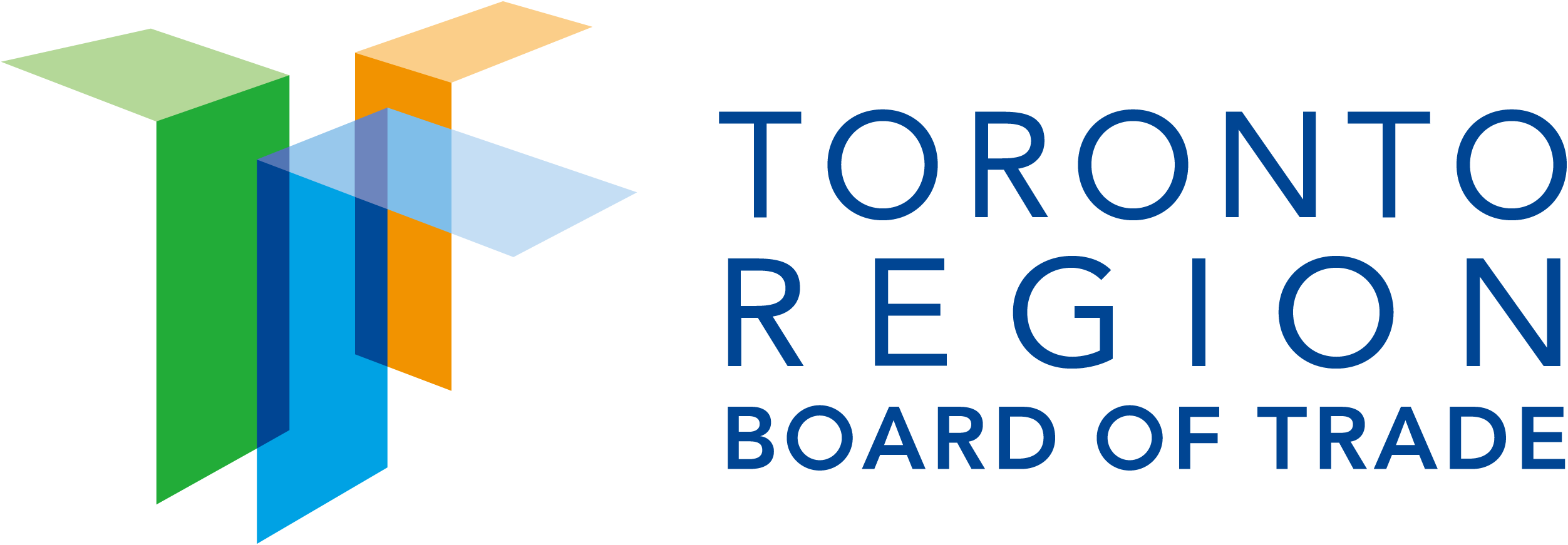Businesses with legacy systems in this digital ecosystem face challenges in staying flexible, high-performing, and competitive. Although these systems were previously state-of-the-art, their limited functionality, outdated tech stack, and no third-party integrations now hinder business performance. Moreover, as businesses thinking of modernizing legacy systems, they are now surrounded by the difficulty in choosing between in-house development or outsourcing the project development needs.
Of both options, outsourcing is becoming the preferred option for more businesses. The reason is it helps save costs, draw in specialized talent, and accelerate time to market. According to Statista, the value of the IT outsourcing market is expected to reach $5141.10 billion in 2024 and is projected to reach $812.70 billion by the year 2029. On the other hand, hiring in-house development experts makes sense when the project is long-term and related to your main business.
So, in this write-up, we will differentiate in-house vs outsourced legacy software modernization services based on their pros and cons and help in making the right choice.
What is Modernizing Legacy Systems?
Modernizing legacy systems means upgrading all or only the inefficient IT stack to simplify operations, enhance customer experiences, and support your business’s future objectives. Furthermore, it helps reduce costs associated with maintenance and hosting optimization and address mobility concerns.
Modernizing legacy systems is upgrading all or only the inefficient IT stack to simplify operations, enhance customer experiences, and support your business’s future objectives. Furthermore, it helps reduce costs associated with maintenance and hosting optimization and address mobility concerns while building a competitive edge.
What is In-House Software Development?
In-house development is an approach to developing software solutions leveraging a team of expert designers, developers, software engineers, and project managers. The in-house teams include full-time employees who dedicatedly work towards the successful delivery of organizational projects.
By assessing the below-given pros and cons, you can better understand the worth of considering an in-house software development approach for your business.
Pros of In-House Software Development
Complete Control
Hiring in-house software developers means you get complete control over the entire development process. The development team enables you to monitor the task implementation, address bugs, and scale the development at any stage.
It leads to robust development and informed decision-making required to ensure the product delivered meets the specific standards and business goals.
Increased Collaboration
In-house developers maintain continuous and regular interactions each day. Being the company employees, they value the company principles, dedication towards the project, and successful development.
There are no language barriers and one-on-one discussions can be executed among team members, ensuring direct communication.
Improved Understanding
Hiring an in-house team of developers ensures better understanding as they continually the organizational tasks, goals, and challenges. They are highly involved throughout the process, understand the requirements better, and ensure modernizing legacy systems.
Cons of In-House Software Development
High Costs
Hiring in-house software modernization services can influence the business’s overall budget. It includes the training cost, salaries, insurance, vacations, and more.
In addition, the recruitment process is a tedious process. Sometimes, the recruiters fail to hire the ideal candidate for the specific role which leads to the need to seek assistance from specialized recruiters. Thus, adding to the overall development expense.
Reduces Retention Rates
One big con with in-house software development is it reduces retention rates. There is a chance that any of the team members may quit the project or the company under any circumstances. It raises the need for finding a replacement which requires time and investment again. Thus, making the process worse.
Limited Talent Pool
Many businesses face challenges in recruiting the ideal candidates due to a lack of talent. Even if they find a good candidate, there’s always uncertainty about finding the one with relevant skills, expertise, and experience.
Here, the urge to fill in the skill gaps amongst the team makes the companies hire the one with the best candidate, even if they fail to meet the project requirements exactly.
These candidates, as a result, take time to understand the project scope and require training, delaying the successful legacy software modernization.
What is Outsourcing Software Legacy Modernization?
The key to outsourcing is that it is an effective approach for accessing talent, increasing productivity, and reducing the development cycle.
Outsourcing service providers can take the application modernization software projects and build remote teams to meet the business’s needs and budget. Thus, helping to focus more on other vital chores.
Let us discuss in what ways outsourcing software development can be ideal or not ideal for your needs.
Pros of Outsourcing Software Development
Scalability
Many businesses turn to outsourcing as it ensures scalability and flexibility. Outsourcing business requirements work on demand. This means that clients can easily adjust their requirements to the changing market trends or customers’ evolving needs.
Businesses can scale up the outsourced team if there is a need to expedite the overall development process. Also, it can eliminate the need to hire increased staff, be at any step of the development.
Huge Talent Pool
Outsourcing development eliminates geographical restrictions, enabling businesses to recruit candidates from any location. Many software development specialists work remotely, enabling easy access to the best experts without any effort.
Furthermore, businesses are saved from going through infinite CVs to find the ideal talent. They can simply pick from a wide range of experienced professionals with relevant skills and expertise.
Cost-Efficient
Outsourcing your legacy system modernization needs is highly cost-effective. It allows businesses to gain access to the expertise of professionals without any need to hire staff and provide training.
In addition, outsourcing helps minimize the costs associated with the hardware, IT infrastructure, and other resources. Businesses can save money and spend it on other required resources or in collaboration with external stakeholders.
Cons of Outsourcing Software Development
Communication Barriers
Cultural and communication barriers can impact the relationships when adopting outsourcing services to modernize your legacy systems. This usually happens when you hire remote developers from different locations with different time zones and languages.
However, setting up the right communication channels can help avoid such barriers and reduce inconveniences.
Security Risks
Every business needs to stay attentive when outsourcing the project requirements. After all, the safety of sensitive data is essential to avoid any chances of unauthorized access or data breaches. Businesses need to choose trustworthy partners and implement strict security measures to minimize security concerns.
Final Thoughts
To sum up, the decision between hiring an in-house team or outsourcing the software development needs depends on project complexity and the unique needs of the businesses.
However, no matter what choice you make, it is vital that business goals and development strategy are aligned. By considering your option thoughtfully, you can not develop the right strategy that meets your current legacy modernization requirements. It can also help position your business at newer heights in this competitive landscape.
The best you can do is hire a legacy modernization software company like Orion eSolutions. We are a reliable outsourcing provider with a proven track record, successful project portfolios, and happy client testimonials. Also, you can easily get access to our talent pool which can help you with everything from expertise to resources and project management. Thus, modernizing legacy systems.
Frequently Asked Questions
Q1. What are the 7 R’s of modernization?
Answer: The 7 R’s of modernization involves:
- Rehost
- Relocate
- Replatform,
- Refactor
- Repurchase
- Retire
- Retain
These strategies are highly efficient in building an efficient roadmap to assess the ideal methodology and migrate legacy systems from IT infrastructure to the cloud.
Q2. How can I identify legacy systems?
Answer: Any outdated computer system, hardware, or software that is still in use is considered a legacy system. You can assess the legacy system depending on factors like architecture, design, and development methodologies that are out of date. In addition, if there is an absence of integration and unit tests.
Moreover, if it is challenging to modify the system and regular occurrence of malfunctions without warning.
Q3. What are the common approaches to modernizing legacy systems?
Answer: Planning, implementation, and operations are the three main phases for modernizing legacy systems. Developing a modernization strategy is a part of planning. App modernization and skill development are part of implementation. Administering, managing, and optimizing legacy systems all come under the operations phase.
Q4. Is outsourcing more affordable than in-house services?
Answer: The best choice is outsourcing legacy software modernization if you have a limited budget. For businesses, outsourcing is always a more cost-effective solution, whether they want assistance on small projects or large and complex projects.
